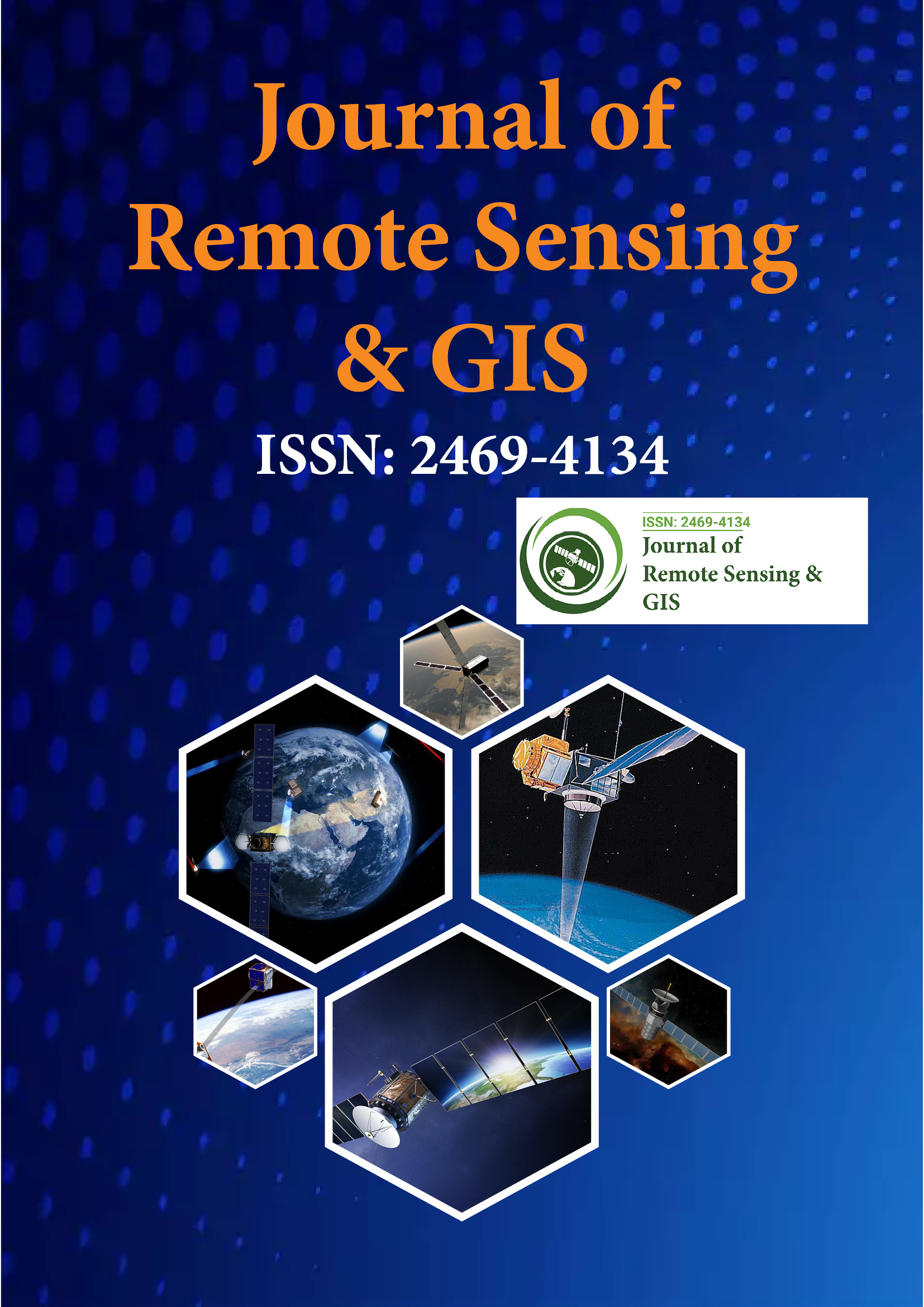Indexé dans
- Ouvrir la porte J
- RechercheRef
- Université Hamdard
- EBSCO AZ
- OCLC - WorldCat
- Publions
- Indexation scientifique internationale
- Pub européen
- Google Scholar
Liens utiles
Partager cette page
Dépliant de journal

Revues en libre accès
- Agriculture et aquaculture
- Alimentation et nutrition
- Biochimie
- Bioinformatique et biologie des systèmes
- Business & Management
- Chimie
- Génétique et biologie moléculaire
- Immunologie & Microbiologie
- Ingénierie
- La science des matériaux
- Neurosciences & Psychologie
- Science générale
- Sciences cliniques
- Sciences environnementales
- Sciences médicales
- Sciences pharmaceutiques
- Sciences vétérinaires
- Soins infirmiers et soins de santé
Abstrait
Évaluation de la précision des élévations de surface absolues de différents DEM à l'aide de données de vérité terrain sur le Royaume de Bahreïn
Hameid NA, Bannari A, Kadhem G
Pour les petites îles, un modèle numérique d'élévation (MNE) précis peut aider à comprendre la prévision de l'élévation du niveau de la mer et les scénarios d'impact sur les zones côtières, l'évaluation des risques d'inondation, la modélisation des inondations, l'érosion et les glissements de terrain, et la gestion des processus de catastrophe environnementale. Actuellement, les MNE sont disponibles à partir de plusieurs sources différentes utilisant des systèmes embarqués dans l'espace, la photogrammétrie, l'arpentage, les courbes de niveau topographiques, etc. L'objectif de cette étude se concentre sur une comparaison des précisions des hauteurs de surface absolues de quatre ensembles de données MNE indépendants sur une petite île comme le Royaume de Bahreïn. Les deux premiers MNE ont été acquis avec un radar spatial Shuttle Radar Topographic Mission (SRTM-V4.1) et un radiomètre spatial avancé d'émission thermique et de réflexion (ASTER-V2.1) avec une taille de pixel de 30 m. Français Les deux seconds DEM avec des résolutions spatiales de 2,5 m (DEM-2,5) et 5 m (DEM-5) ont été dérivés de deux cartes de courbes de niveau topographiques différentes aux échelles, respectivement, de 1:5000 et 1:25000 en utilisant la méthode d'interpolation pondérée par la distance inverse (IDW). À des fins de validation, un ensemble de données de 400 points de contrôle au sol uniformément répartis sur le site d'étude a été utilisé. Ils ont été mesurés à l'aide d'un système de positionnement global différentiel (DGPS) assurant des précisions de ± 1 et ± 2 cm, respectivement, pour la planimétrie et l'altimétrie. Les résultats obtenus montrent que le DEM-2,5 dérivé présente la meilleure précision ± 0,55 m, ce qui est excellent par rapport à la tolérance ou à l'erreur maximale ± 0,78 m calculée en fonction de la propagation des sources d'erreurs. De plus, le DEM-5 présente une très bonne précision ± 1,37 m par rapport à la tolérance calculée ± 1,54 m. Ensuite, SRTM montre une performance satisfaisante avec une précision de ± 3,00 m, ce qui est inférieur à la précision absolue de la hauteur verticale (± 5,6 m) préconisée par la NASA pour le continent africain et les régions du Moyen-Orient. Enfin, la précision ASTER obtenue de ± 8,40 m est meilleure que l'erreur estimée (± 17,01 m) par l'USGS et la JAXA.